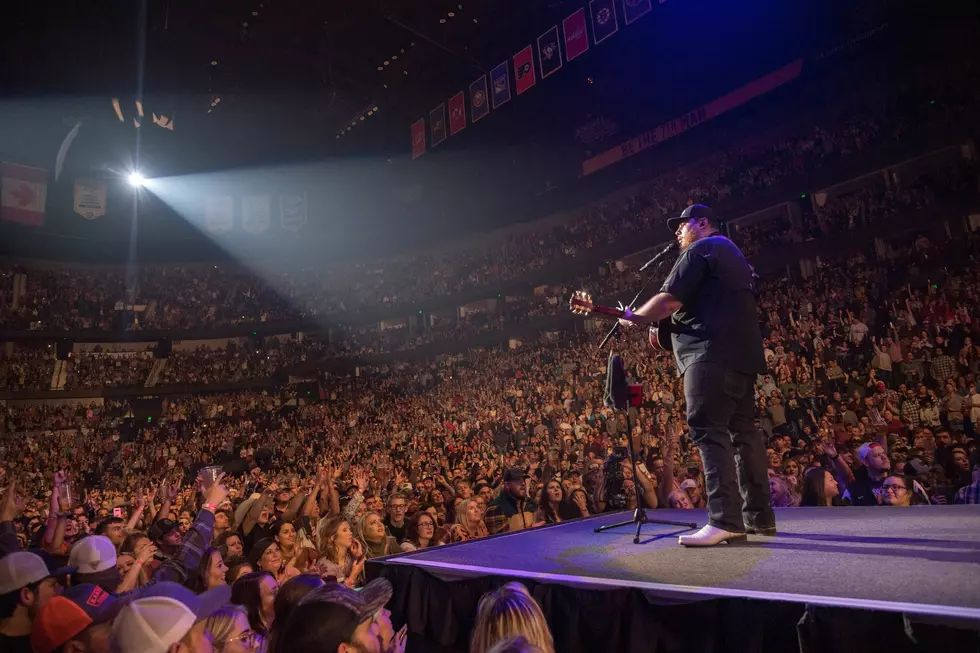
The Year The Music Died (Almost)
Nothing can compare to the immeasurable loss of life and hardship people have endured this past year, but 2020 will also be known as the year the music died. Tours grounded, beloved venues shuttered, layoffs made permanent and lifelong dreams vaporized.
An industry at the height of a hugely profitable decade has plummeted off a cliff, with Pollstar estimating $9 billion in losses for 2020 alone. I am thankful I went to a couple of concerts in January and February. Little did I know they would be the last concerts I saw in person for a long time.
Like sports, theater, and other events whose business models depend on crowds of people coming together, the music industry has struggled. Musical artists tried to connect with their fans this past year by performing online but I think we can all admit it is just not the same.
"You think it is awkward singing in your bedroom? Imagine how awkward it is for us to be up here without you.” Foo Fighters singer Dave Grohl said during a concert at the Roxy this year. As the pandemic grew worse, many bands and artists began playing live music from their living room. The trend started as a way for live music to adapt to a world where their audience can’t come to them. This helped launch revolutionary ways to experience live music for the time being until we can all be together again. Some innovations that have been created to adapt to the pandemic include Metallica hosting a show in which people watched via zoom calls, Taylor Swift playing her latest album from her living room on Disney Plus, and awards ceremonies in which the artists play and accept the awards at home.
Regardless of the circumstances, live music will survive and the artists continue to help bring people together during these hard times, no matter how awkward it is singing in their living room.
More From SoJO 104.9 FM









